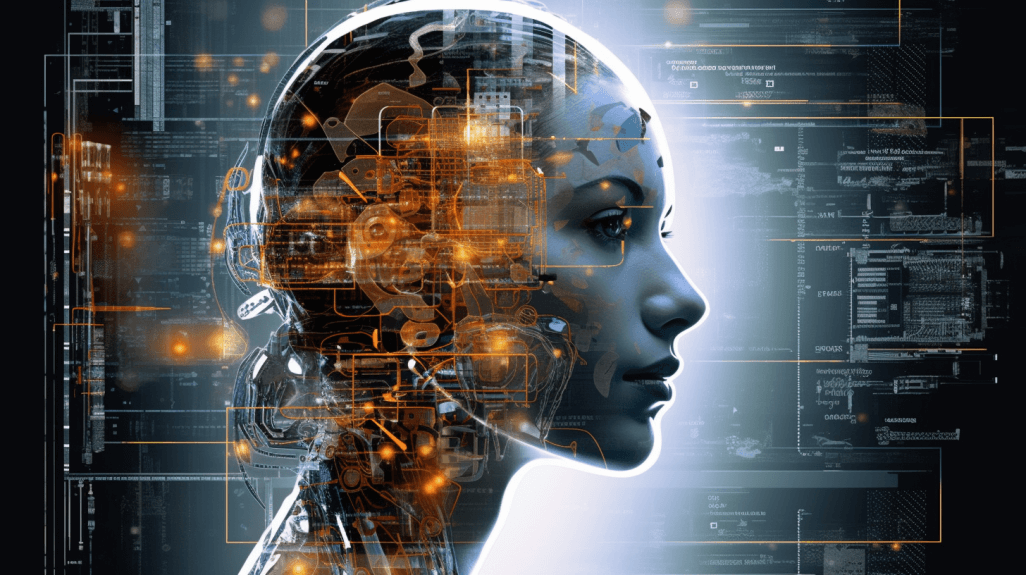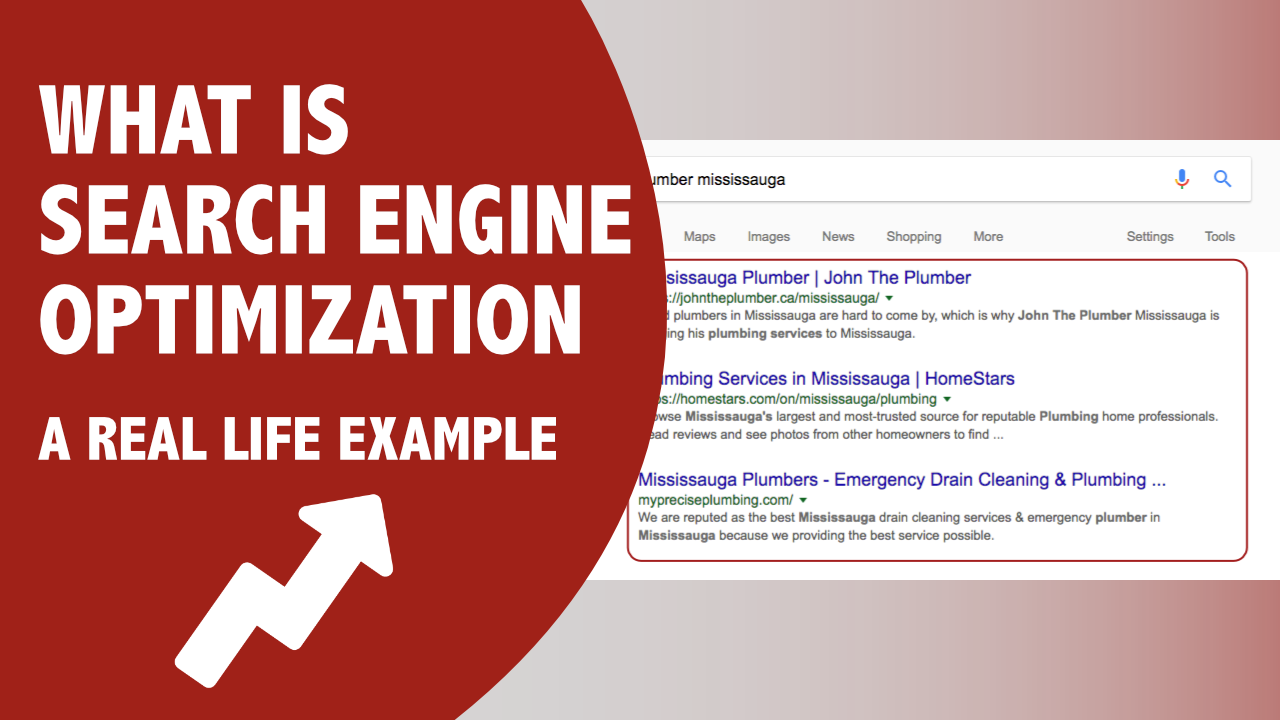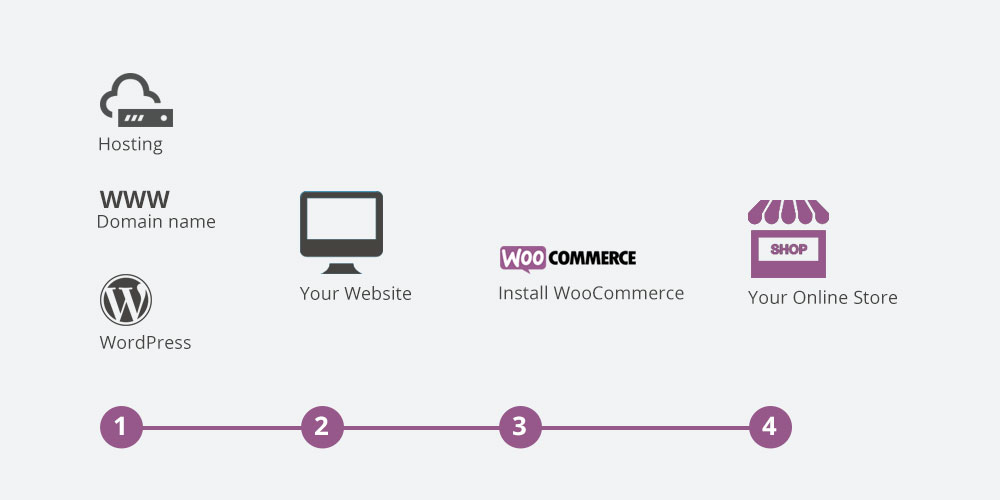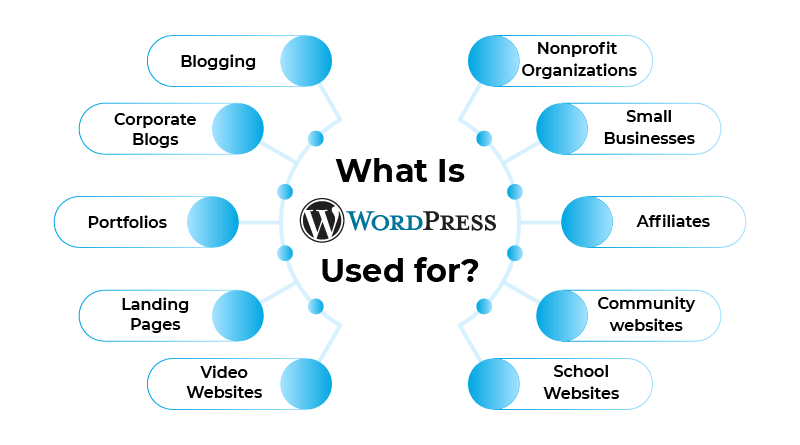In today’s digital age, nearly everyone is online. With billions of searches conducted daily, businesses…

The Future of AI in Web Development and Digital Marketing: Transforming the Digital Landscape
Artificial Intelligence (AI) is no longer a futuristic concept but a crucial component reshaping various industries, including web development and digital marketing. As technology continues to evolve, the future of AI in web development and digital marketing holds immense potential to transform how businesses interact with their audiences, streamline operations, and deliver personalized experiences. This blog post delves into the transformative impact of AI in these fields, exploring the latest trends, tools, and future prospects.
Revolutionizing Web Development with AI
Automated Code Generation
The future of AI in web development and digital marketing is marked by automation, which significantly impacts how websites are created and maintained. AI-powered tools like GitHub Copilot and DeepCode are revolutionizing the coding process by assisting developers in writing cleaner, more efficient code faster. These tools analyze existing codebases, understand the context, and suggest relevant code snippets, reducing the time spent on repetitive tasks and minimizing errors.
AI-Driven Web Design
Web design is evolving with AI algorithms that can generate aesthetically pleasing and functional website layouts. Tools like Wix ADI and Bookmark leverage AI to create customized websites based on user inputs. These platforms use machine learning to understand user preferences and design trends, providing a starting point that can be fine-tuned to meet specific needs. As a result, businesses can launch professional-looking websites without the need for extensive design expertise.
Enhanced User Experience with AI
Personalization is a key component of modern web development, and AI plays a pivotal role in delivering tailored user experiences. AI algorithms analyze user behavior and preferences to customize website content, layout, and navigation. For instance, recommendation engines like those used by Amazon and Netflix enhance user engagement by suggesting products or content based on past interactions. This level of personalization keeps users engaged and encourages repeat visits.
AI for Website Maintenance and Security
The future of AI in web development and digital marketing also includes advancements in website maintenance and security. AI-powered tools can monitor websites in real-time, identifying and fixing issues before they affect user experience. For example, AI can detect and respond to security threats, such as DDoS attacks or malware, faster than human intervention. Additionally, AI-based analytics tools can predict website performance issues, allowing developers to address potential problems proactively.
The AI-Powered Transformation of Digital Marketing
Personalized Marketing Campaigns
In digital marketing, personalization is king, and AI is the key enabler of delivering highly targeted campaigns. AI algorithms analyze vast amounts of data, including user demographics, browsing behavior, and purchase history, to create detailed customer profiles. Marketers can then use this information to craft personalized messages that resonate with individual users. For example, AI-driven platforms like Salesforce Einstein and Adobe Sensei can automate the creation of personalized email campaigns, ensuring that each recipient receives content that is most relevant to them.
Predictive Analytics and Customer Insights
Understanding customer behavior and predicting future actions are crucial for successful marketing strategies. AI-powered predictive analytics tools analyze historical data to forecast trends, customer preferences, and potential outcomes. This capability enables marketers to make data-driven decisions, optimizing their campaigns for maximum impact. For instance, Google Analytics 360 and HubSpot’s AI-powered tools provide insights into customer journeys, helping businesses to anticipate needs and tailor their strategies accordingly.
AI in Content Creation and Optimization
Content is at the heart of digital marketing, and AI is transforming how it is created and optimized. AI-driven content generation tools like OpenAI’s GPT-4 can produce high-quality written content, from blog posts to social media updates, reducing the workload on human writers. These tools understand context and can generate text that aligns with brand voice and messaging. Additionally, AI-powered SEO tools analyze search engine algorithms and optimize content to improve search rankings. Platforms like SEMrush and Ahrefs leverage AI to provide actionable insights on keyword usage, backlink strategies, and content performance.
Chatbots and Customer Engagement
Chatbots have become a staple in customer engagement, providing instant support and improving user experiences. The future of AI in web development and digital marketing includes more sophisticated chatbots powered by natural language processing (NLP) and machine learning. These chatbots can handle complex queries, understand context, and provide personalized responses, mimicking human interactions. Tools like Drift and Intercom are at the forefront, enabling businesses to offer 24/7 support, streamline customer service operations, and capture leads more effectively.
Programmatic Advertising and Real-Time Bidding
AI is revolutionizing the world of digital advertising through programmatic advertising and real-time bidding (RTB). Programmatic advertising automates the buying and selling of ad space, using AI algorithms to target the right audience at the right time. AI evaluates user data and online behavior to place ads more effectively, maximizing return on investment (ROI). Platforms like Google Ads and The Trade Desk leverage AI to optimize ad placements and budgets in real-time, ensuring that ads reach the most relevant audiences.
Integration of AI Across Web Development and Digital Marketing
AI and User-Centric Design
As AI continues to evolve, its integration into user-centric design processes becomes increasingly sophisticated. AI tools can analyze user interactions and feedback to refine website designs continuously. Heatmaps and user behavior analytics provided by tools like Crazy Egg and Hotjar enable developers to understand how users navigate websites and interact with content. This data-driven approach allows for iterative improvements, ensuring that websites remain intuitive and engaging.
AI-Powered Analytics and Reporting
The future of AI in web development and digital marketing is also characterized by advanced analytics and reporting capabilities. AI-powered analytics tools provide deep insights into user behavior, campaign performance, and website metrics. Tools like Google Analytics and Adobe Analytics use machine learning to identify patterns and trends that might not be apparent through traditional analysis. These insights empower businesses to make informed decisions and optimize their digital strategies for better outcomes.
Ethical Considerations and AI in Digital Strategies
As AI becomes more embedded in web development and digital marketing, ethical considerations must be addressed. Issues such as data privacy, algorithmic bias, and transparency are critical when deploying AI technologies. Businesses must ensure that their use of AI aligns with ethical standards and regulatory requirements. For example, respecting user privacy and obtaining explicit consent for data collection are essential practices. Additionally, AI models should be transparent and explainable, allowing users to understand how decisions are made.
Future Trends and Opportunities in AI for Web Development and Digital Marketing
Voice Search and Conversational AI
Voice search is rapidly gaining popularity, driven by the increasing use of smart speakers and voice-activated assistants. The future of AI in web development and digital marketing will see a greater focus on optimizing for voice search and developing conversational AI applications. Businesses need to adapt their SEO strategies to include voice-friendly content and leverage AI-powered tools like Google Assistant and Amazon Alexa to enhance customer interactions through voice.
Augmented Reality (AR) and Virtual Reality (VR)
AI is playing a pivotal role in the development of AR and VR technologies, which are becoming integral to web development and digital marketing strategies. These immersive technologies offer unique ways to engage customers and deliver interactive experiences. For instance, e-commerce platforms can use AR to allow customers to visualize products in their own environment before making a purchase. Similarly, VR can create immersive brand experiences, enabling users to explore products and services in a virtual setting.
AI and Cybersecurity in Web Development
As the digital landscape becomes more complex, ensuring robust cybersecurity measures is crucial. AI is increasingly being used to enhance cybersecurity in web development. AI algorithms can detect and respond to threats in real-time, providing proactive protection against cyberattacks. For example, AI-powered tools like Darktrace and CrowdStrike use machine learning to identify unusual patterns and potential vulnerabilities, safeguarding websites and user data.
AI in Customer Journey Mapping
Understanding and optimizing the customer journey is a key focus for businesses. The future of AI in web development and digital marketing involves using AI to map and enhance the customer journey more effectively. AI tools can analyze touchpoints across various channels, identifying opportunities to improve customer experiences. This holistic view of the customer journey allows businesses to create more cohesive and personalized interactions, driving higher engagement and satisfaction.
Hyper-Personalization and Predictive Marketing
Hyper-personalization takes traditional personalization to the next level, using AI to deliver highly individualized experiences based on real-time data. AI algorithms analyze customer behavior, preferences, and context to provide content, offers, and recommendations that are uniquely tailored to each user. Predictive marketing leverages AI to anticipate customer needs and actions, allowing businesses to proactively engage with their audience and stay ahead of competitors.
Conclusion: Embracing the AI-Driven Future
The future of AI in web development and digital marketing promises to be transformative, offering unprecedented opportunities for businesses to innovate and thrive in the digital age. From automating routine tasks and enhancing user experiences to providing deep insights and optimizing marketing strategies, AI is set to revolutionize how we interact with technology and customers.
As AI continues to advance, businesses must stay informed about the latest trends and tools to harness its full potential. Embracing AI-driven solutions can lead to more efficient operations, better customer engagement, and a competitive edge in the ever-evolving digital landscape.
In summary, the future of AI in web development and digital marketing is bright, with endless possibilities for those willing to explore and integrate these technologies into their strategies. Whether you are a developer looking to streamline your workflow or a marketer aiming to deliver personalized experiences, AI offers the tools and insights needed to succeed. By leveraging the power of AI, businesses can create a more connected, efficient, and engaging digital world.



